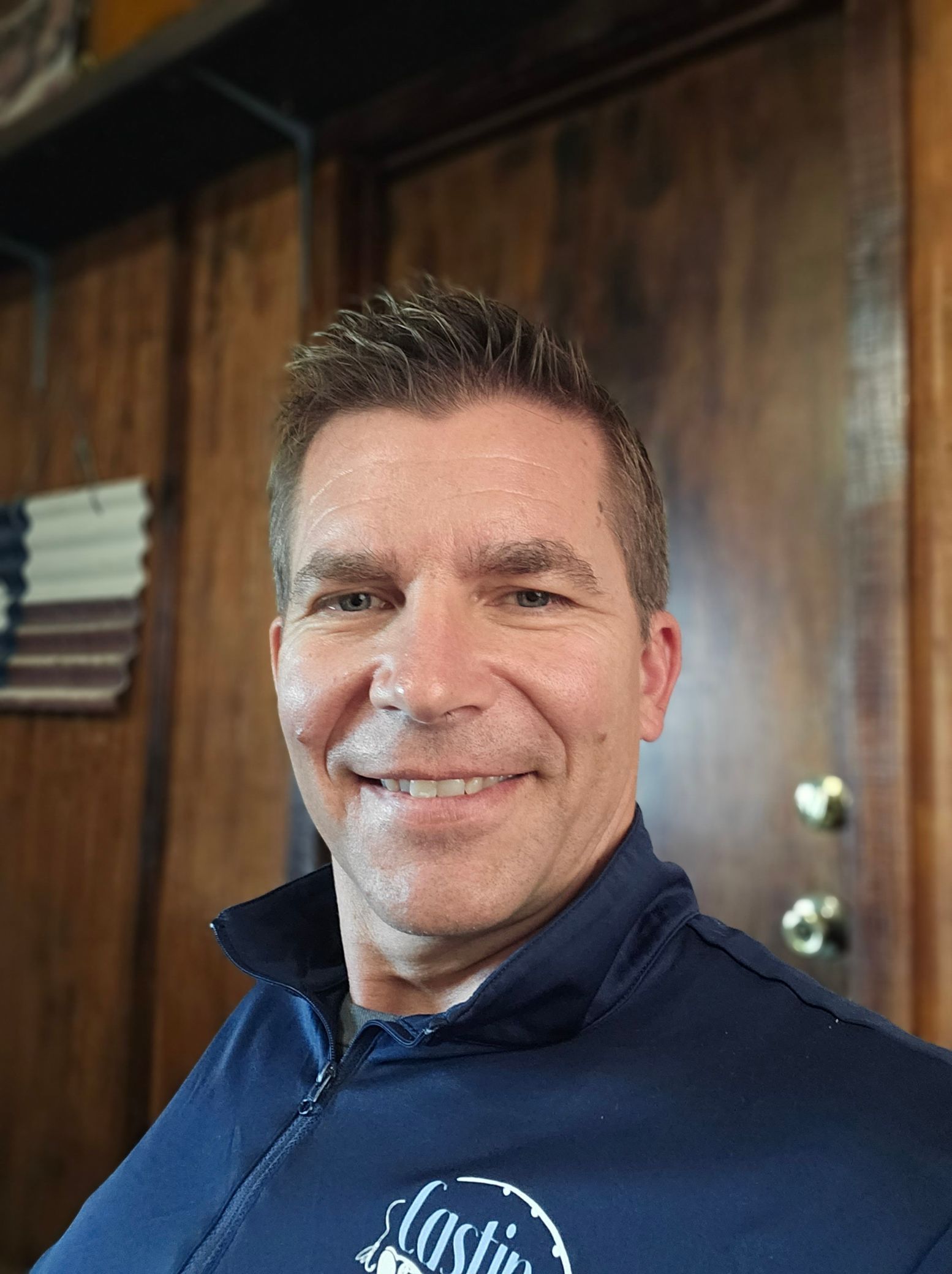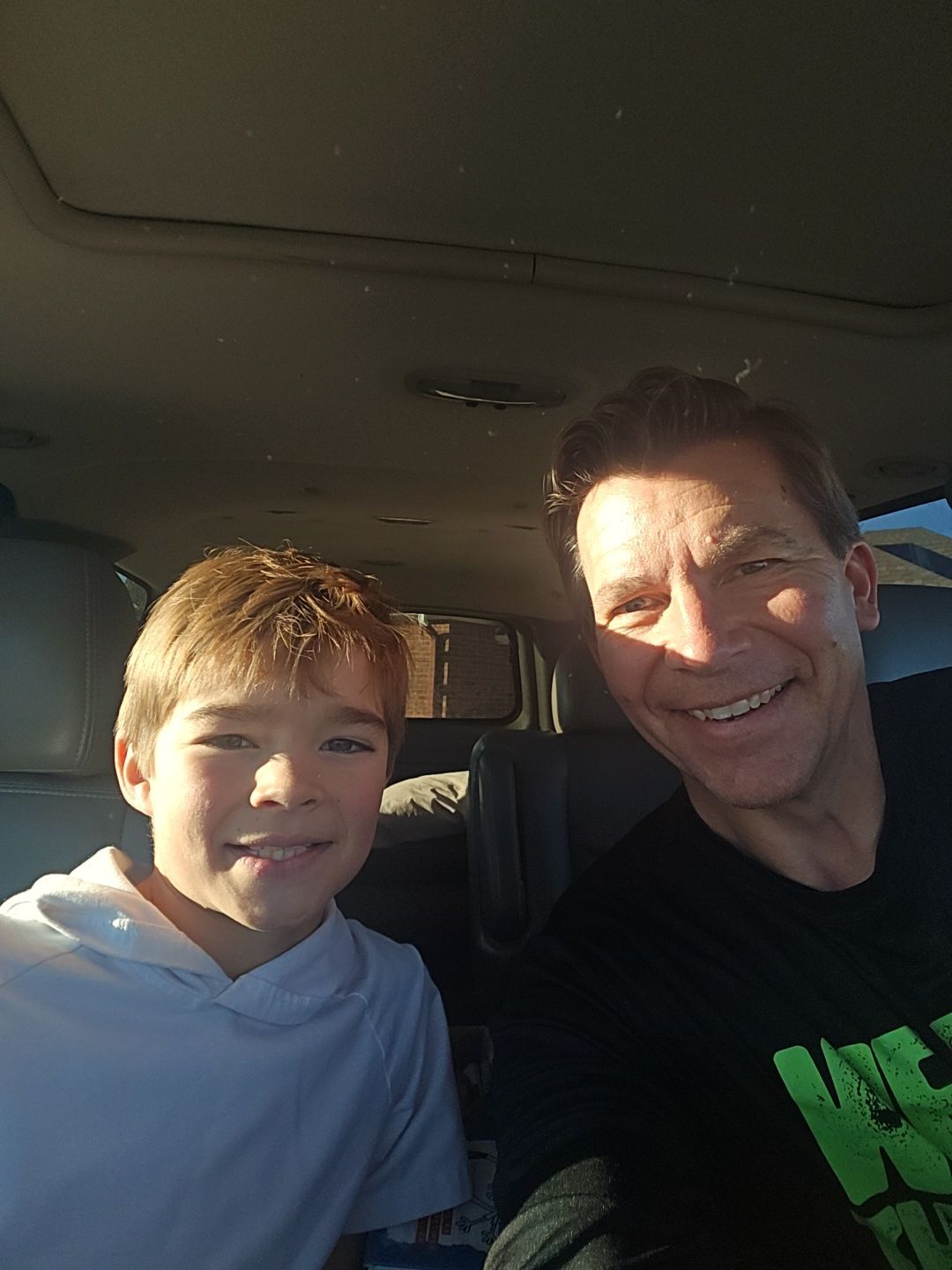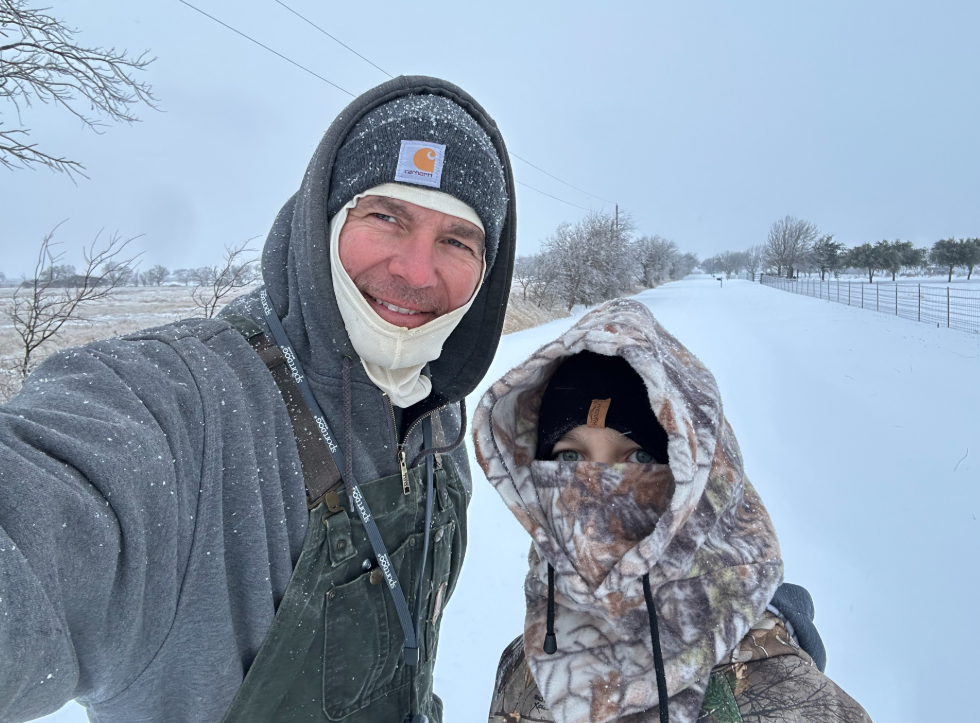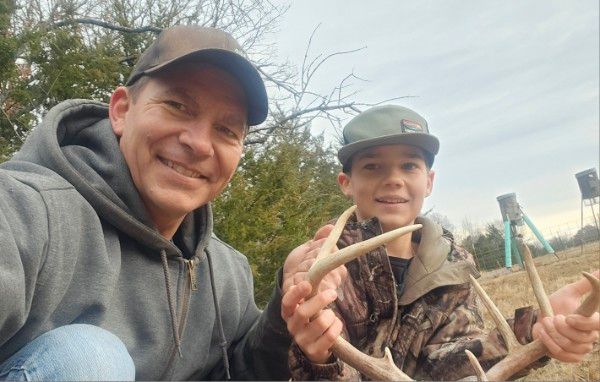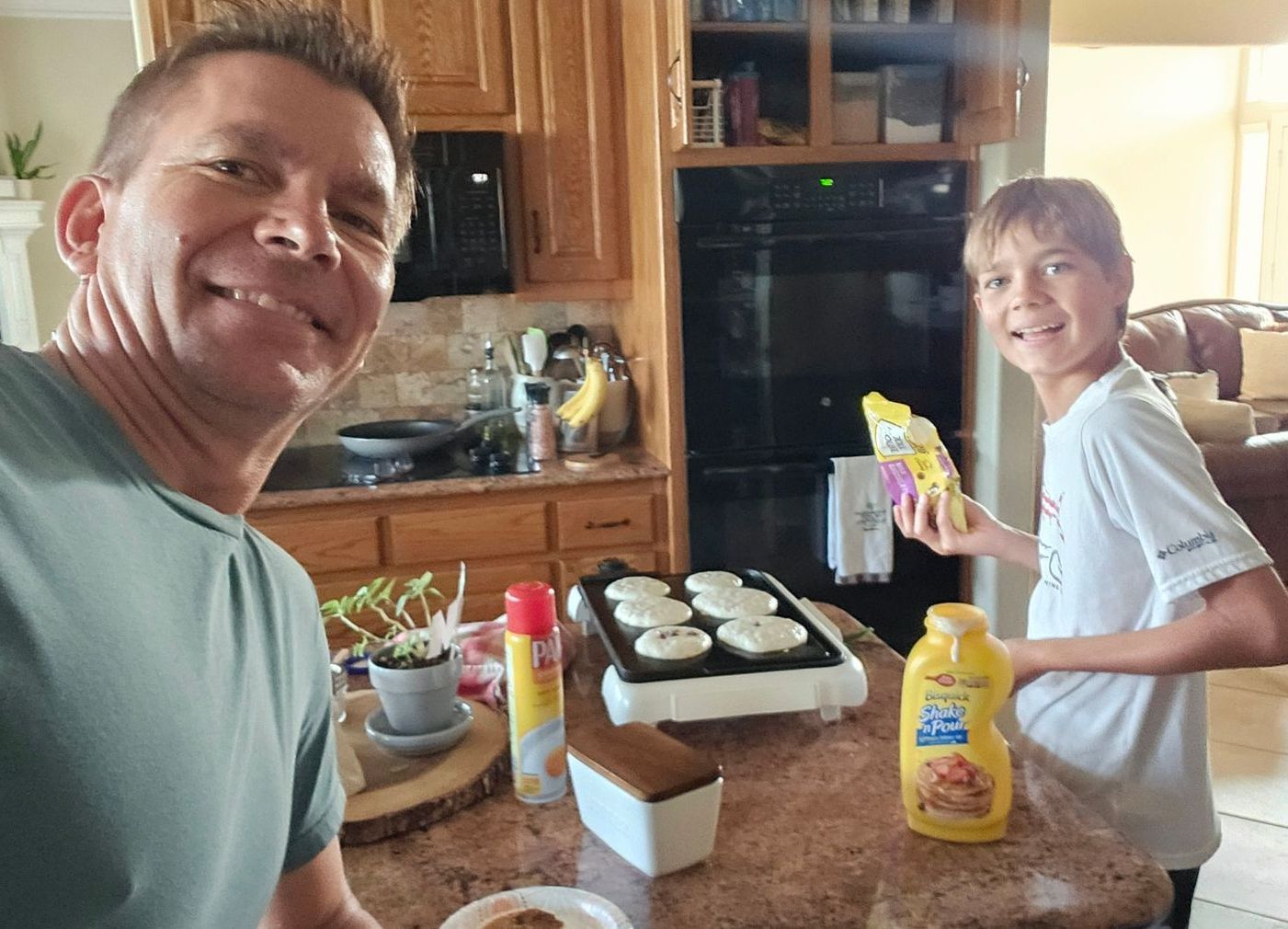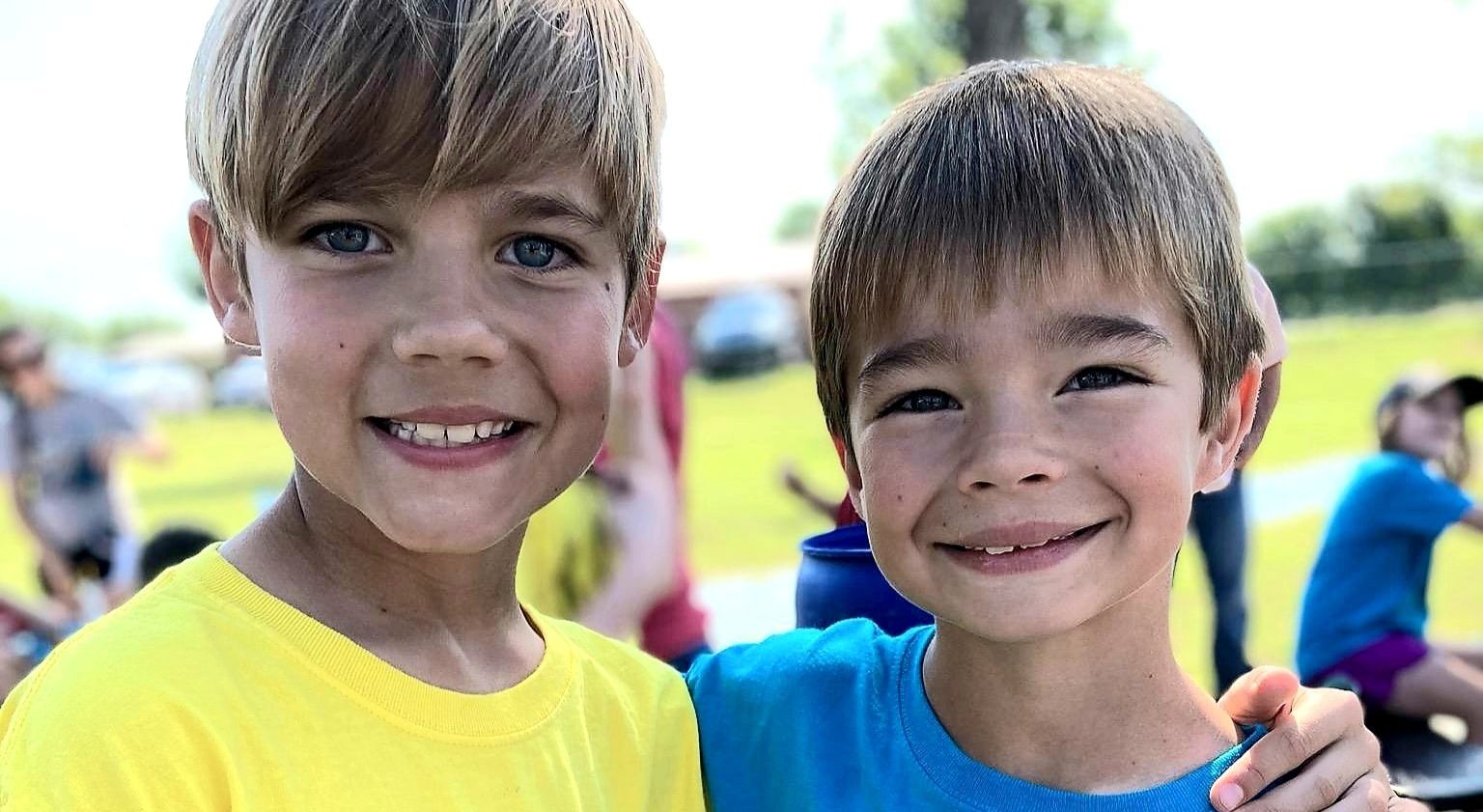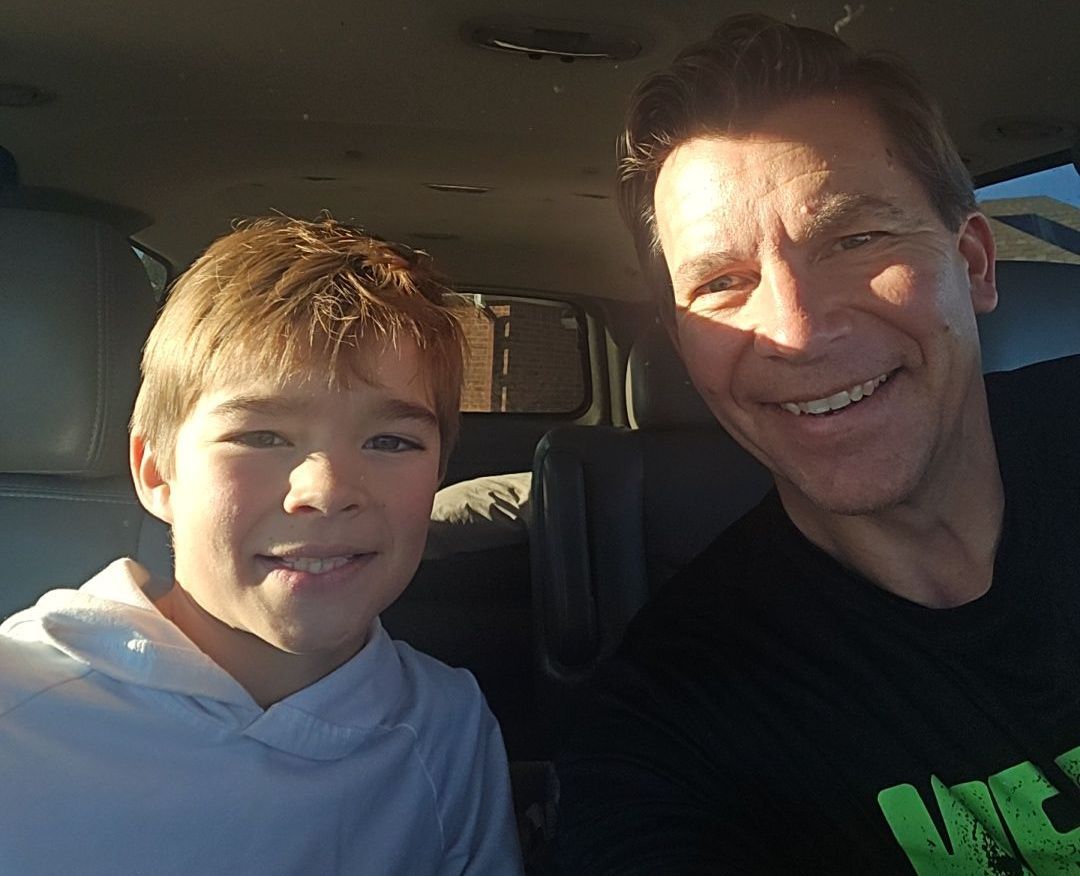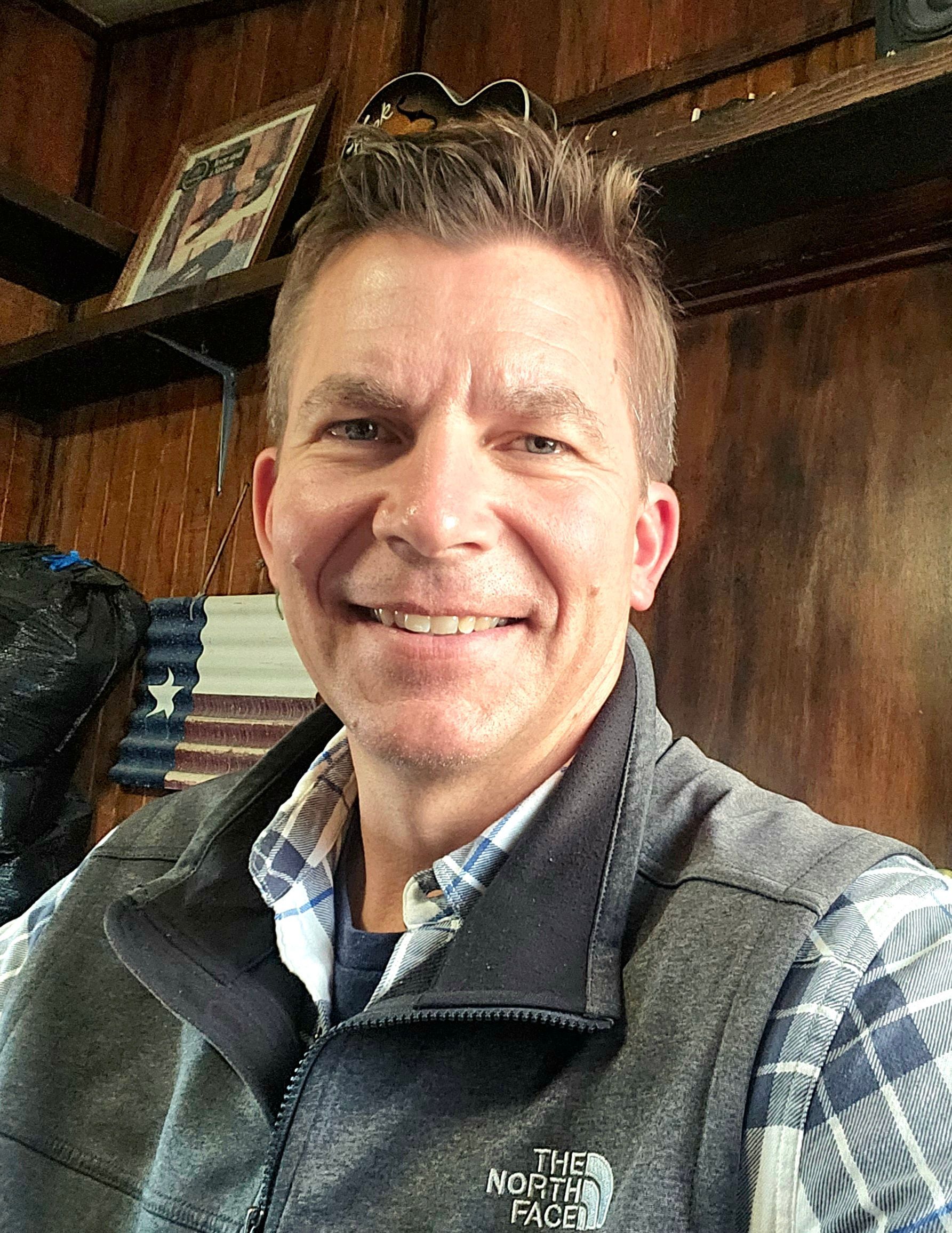What Are You Afraid Of?
As I shared with the students, fear sits at the root of many of our decisions. When we move through it, we discover freedom. Fearless choices open the door to living fully alive.
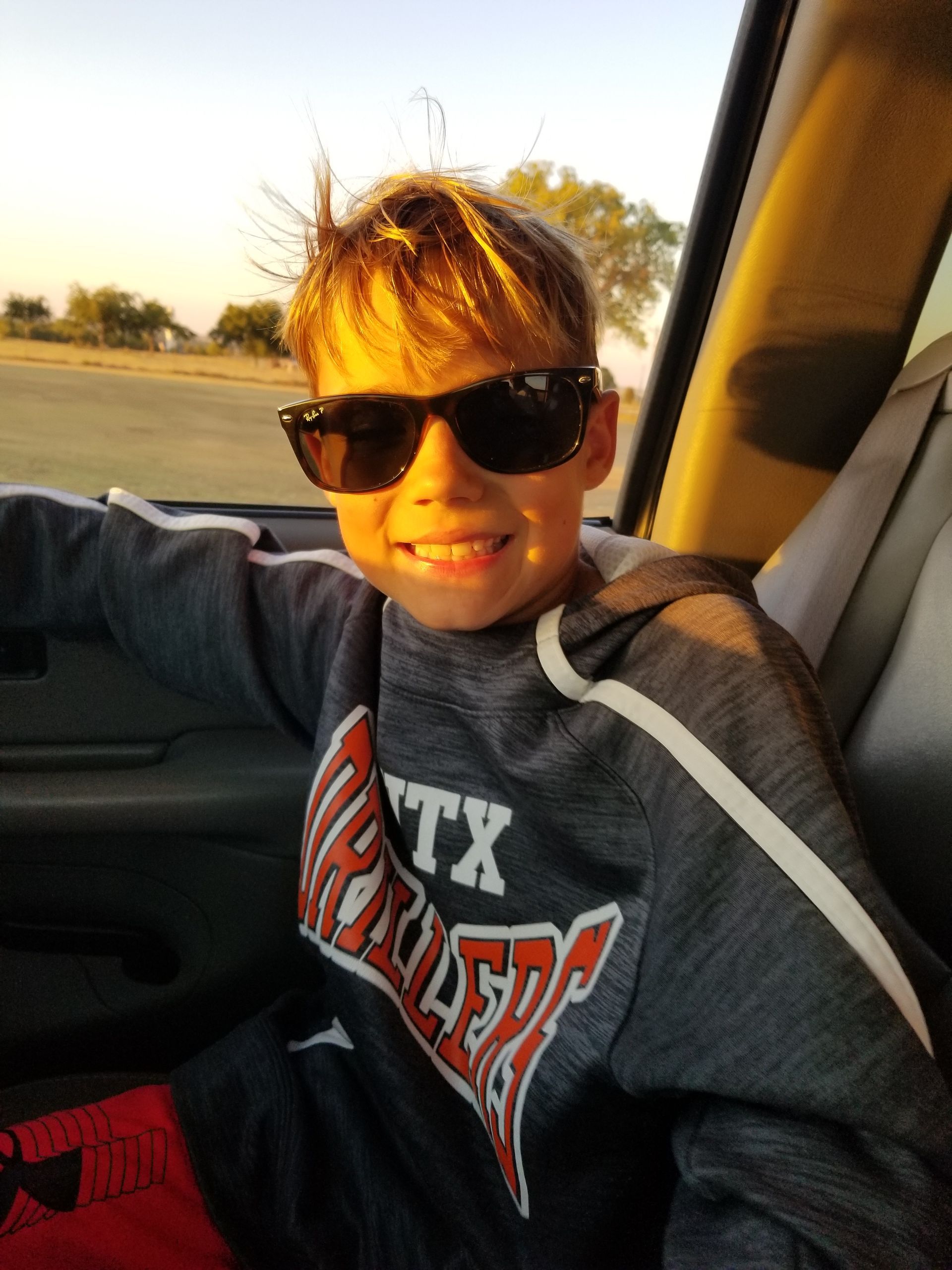
Last week, I walked into a high school gymnasium to give a talk about how to move from “fear to bravery in your everyday life.” My instructions were simple enough: deliver the same encouraging presentation four times—one for each group of students, from Kindergarten through 12th grade.
It’s not easy giving the same talk four times while keeping your energy and engagement high. Five-year-olds and seventeen-year-olds hear things differently, and I wanted to connect with each group.
I arrived a little early. It was a windy fall morning, and the gym was cool—the kind of cool that makes you look at a fellow Texan and say, “You could hang meat in here.” Hard, black plastic bleachers were pulled out from the wall. I kept my jacket on until just before I began.
Each session required its own delivery. I adjusted my tone, body language, and stories depending on who sat in front of me. By the fourth group, I was warm, probably even sweating a little (too much detail?).
Then the high schoolers filed in—sophomores, juniors, and seniors. I could tell they were cold. I glanced at my jacket lying on the bottom row. Out of respect, I thought about offering it to someone. It felt a little awkward, but with the temperature of the room, I felt obliged. It was cold, I didn’t need it, and these students were about my kids’ age—two of whom were in the room.
So, before I began, I asked, “It’s cool in here. I’m not wearing my jacket. Would anyone like to wear it?”
The girls stared. The boys stayed silent.
Then one young man—one of my son’s friends—raised his hand. “I’ll use it,” he said, smiling. I tossed it to him. He wore it for a few minutes, then laid it on the seat in front of him.
Later, I couldn’t stop thinking about that moment. What keeps us from accepting an offer we know would help us—just because it feels strange or unfamiliar?
Where does the fear come from?
As I shared with the students, fear sits at the root of many of our decisions. When we move through it, we discover freedom. Fearless choices open the door to living fully alive.
So, take notice today: how many of your decisions are based on fear? Pay particular attention to where the fear may be masked.
Do you yell at your kids when they won’t get up because you’re afraid they’ll miss the bus—and you are AFRAID your boss will be upset?
Do you tense up in traffic because you’re AFRAID you’ll arrival late?
Do you criticize your child on the pitcher’s mound out of FEAR they won’t perform in front of others?
Do you worry for months about giving a presentation because you’re SCARED about how it’ll be received?
Do you “shade the truth”/lie about your habits (eating, exercise, social media watching, etc.) because you’re AFRAID someone will judge you?
Eleven years ago, I was holding my fidgety three-year-old during church when he suddenly leaned back and slapped me across the face—hard. The sound echoed through the sanctuary. My cheek burned, but my first instinct wasn’t to correct him. It was to look around and see who saw it. I wasn’t thinking about the next best move as a parent; I was AFRAID of what people might think of the children’s summer camp owner who couldn’t control his own kid.
The point isn’t that fear is wrong—it’s that fear can rob us of presence, opportunity, and peace.
Recognize fear when it shows up. Stare it down. Life will keep moving—kids will be slow to wake up, pitches will miss, traffic will crawl, and supervisors won’t always understand.
Try hard. Breathe. Be encouraged.
Brian

